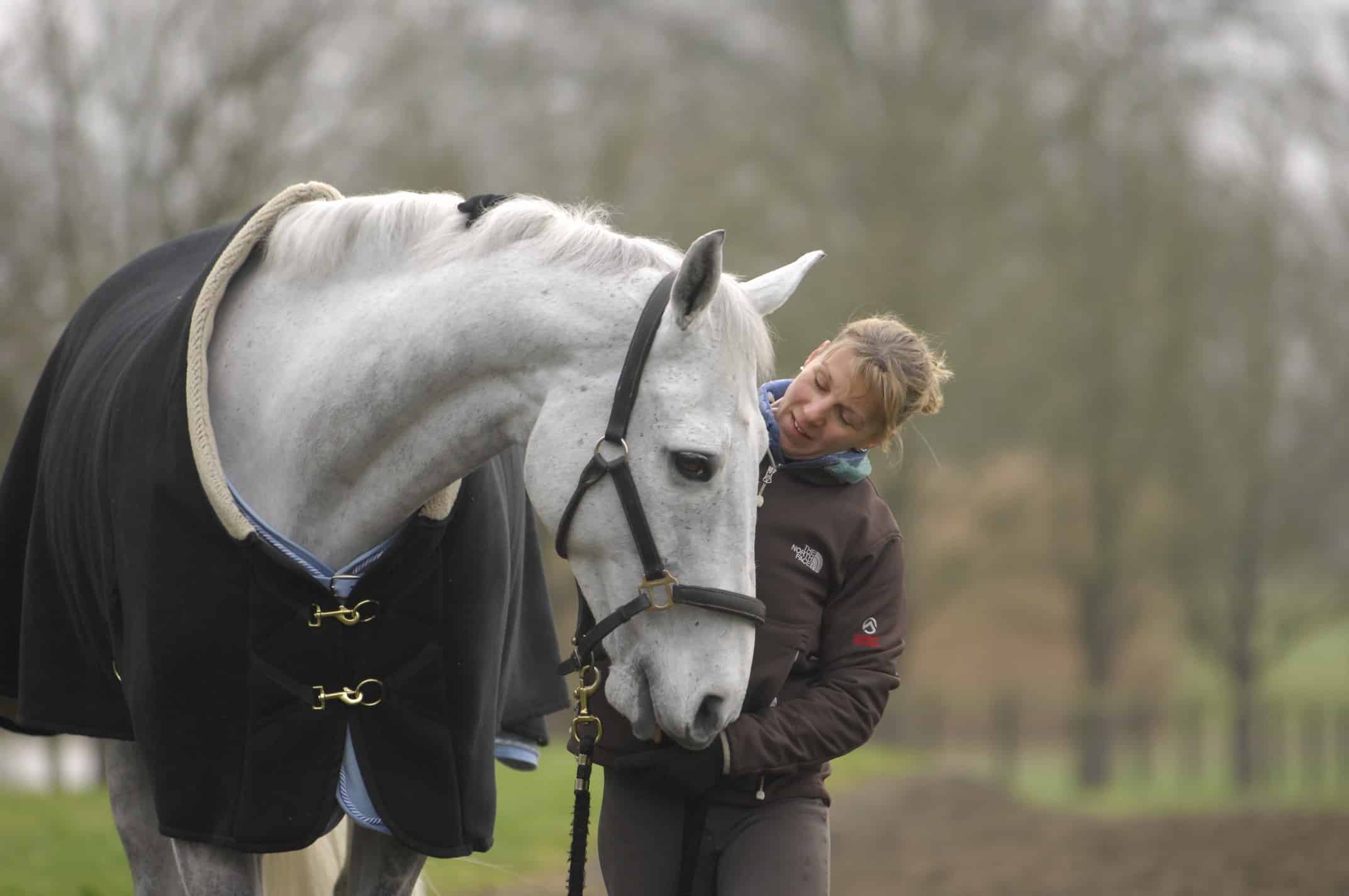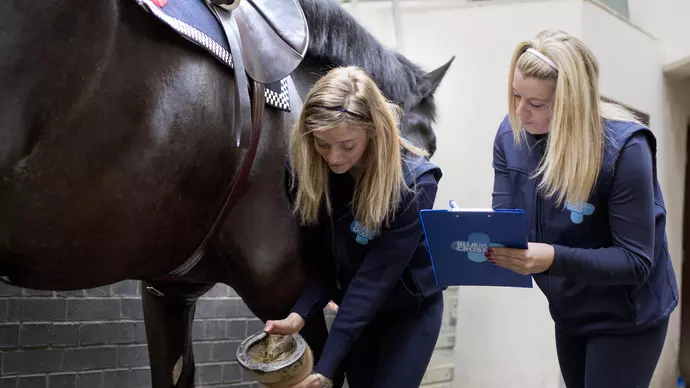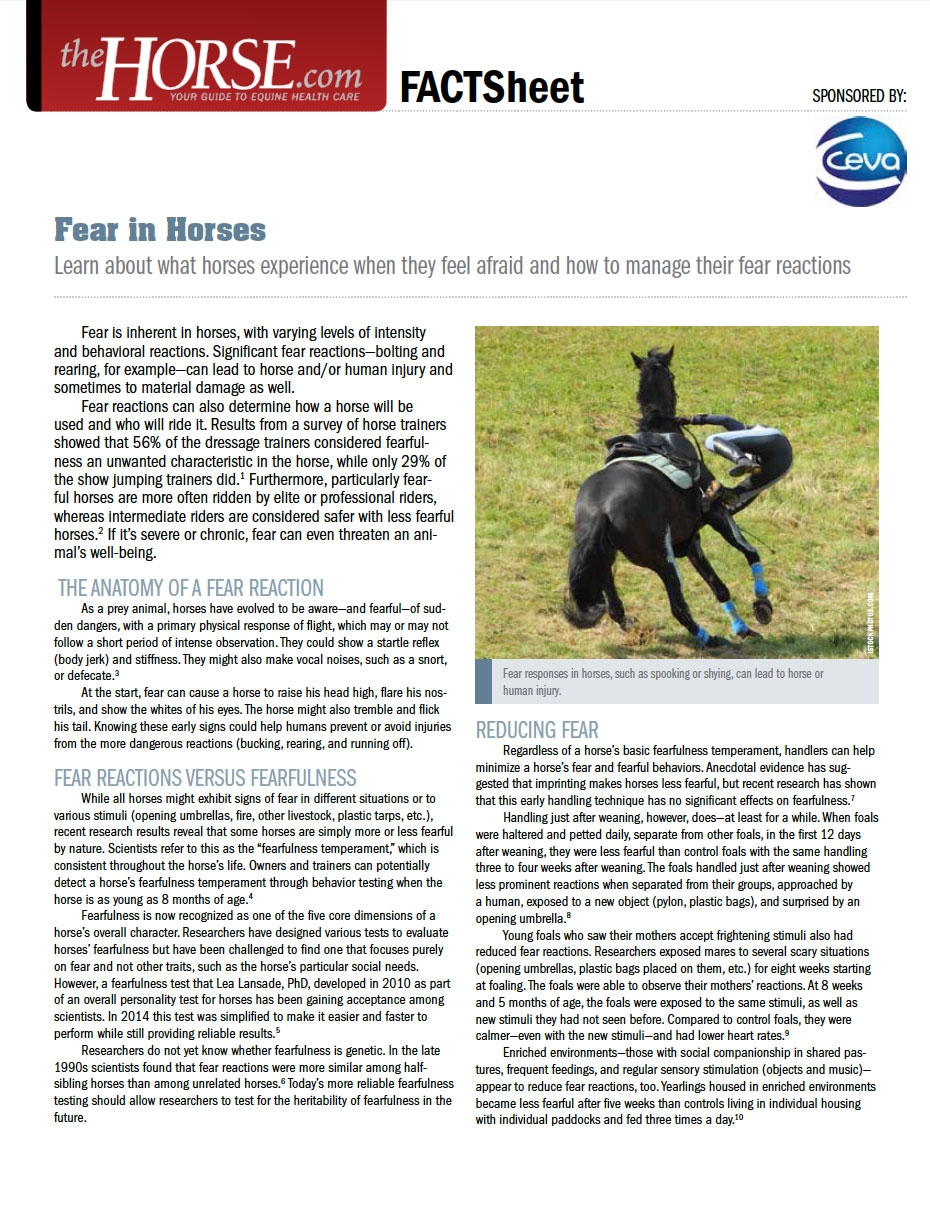Signs Your Horse Needs a Vet Visit

Caring for a horse involves keen observation and timely action, especially when it comes to health concerns. Recognizing the signs that indicate your horse needs a veterinary visit can prevent minor issues from becoming serious problems. This article outlines the key symptoms and behaviors that should prompt you to call your vet immediately.
Common Signs Indicating a Vet Visit

| Sign | Description | Possible Causes |
|---|---|---|
| Loss of Appetite | Horse refuses to eat or shows reduced interest in food | Colic, dental problems, infections |
| Lethargy | Unusual tiredness or reluctance to move | Fever, infection, pain |
| Abnormal Gait | Limping, stiffness, or difficulty walking | Injury, arthritis, hoof problems |
| Respiratory Issues | Coughing, nasal discharge, labored breathing | Respiratory infections, allergies |
| Swelling or Heat | Swollen limbs, joints, or other body parts with increased temperature | Inflammation, injury, infection |
| Behavioral Changes | Aggression, depression, or unusual nervousness | Pain, neurological issues, stress |
| Colic Symptoms | Rolling, pawing, sweating, or abdominal discomfort | Digestive blockages, gas, impaction |
| Changes in Urination | Straining, frequent urination, or blood in urine | Urinary tract infection, kidney issues |
Why Early Detection Matters
Early identification of health issues allows for prompt treatment, reducing the risk of complications and improving recovery outcomes. Horses are prey animals and often hide pain, so subtle signs should never be ignored.
What to Do When You Notice These Signs
- Observe Carefully: Note the duration and severity of symptoms.
- Contact Your Vet: Provide detailed information about the signs observed.
- Follow Vet Advice: Administer treatments or care as recommended.
- Monitor Progress: Keep track of any changes or improvements.
Frequently Asked Questions (FAQ)
How urgent is a vet visit if my horse shows colic symptoms?
Colic can be life-threatening. Immediate veterinary attention is crucial if your horse shows signs like rolling, pawing, or sweating.
Can minor behavioral changes indicate serious health issues?
Yes, changes in behavior can be early indicators of pain or neurological problems and should be evaluated by a vet.
How often should I have routine vet check-ups?
Routine check-ups are recommended at least twice a year to maintain overall health and catch potential issues early.
By staying vigilant and understanding these signs, you can ensure your horse receives timely veterinary care, promoting a healthier and happier life for your equine companion.
